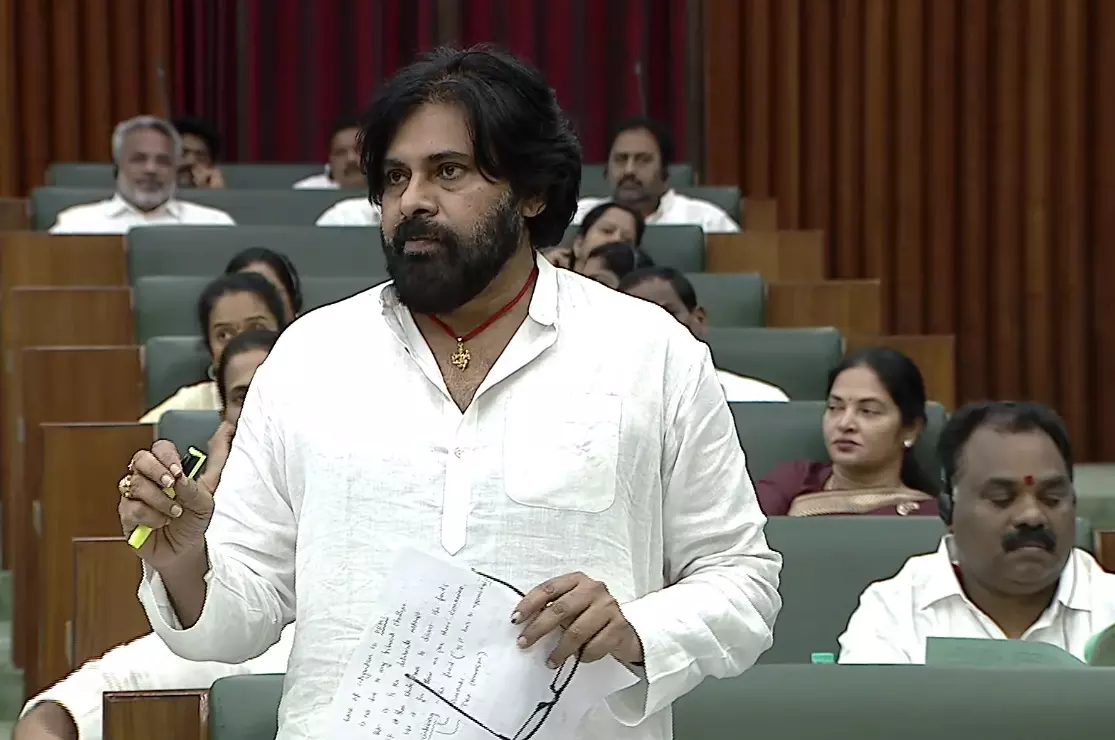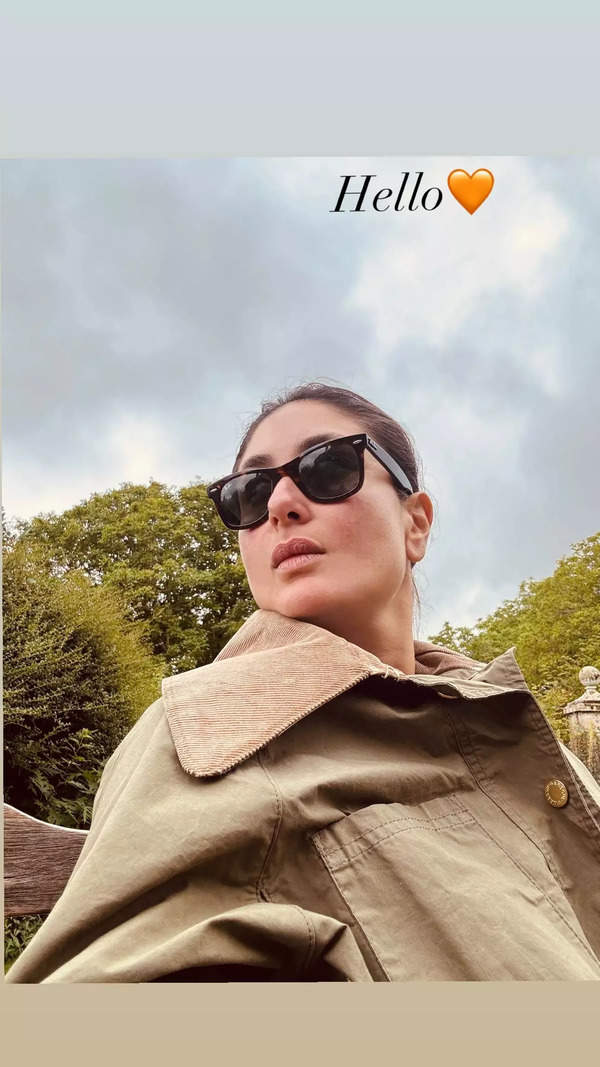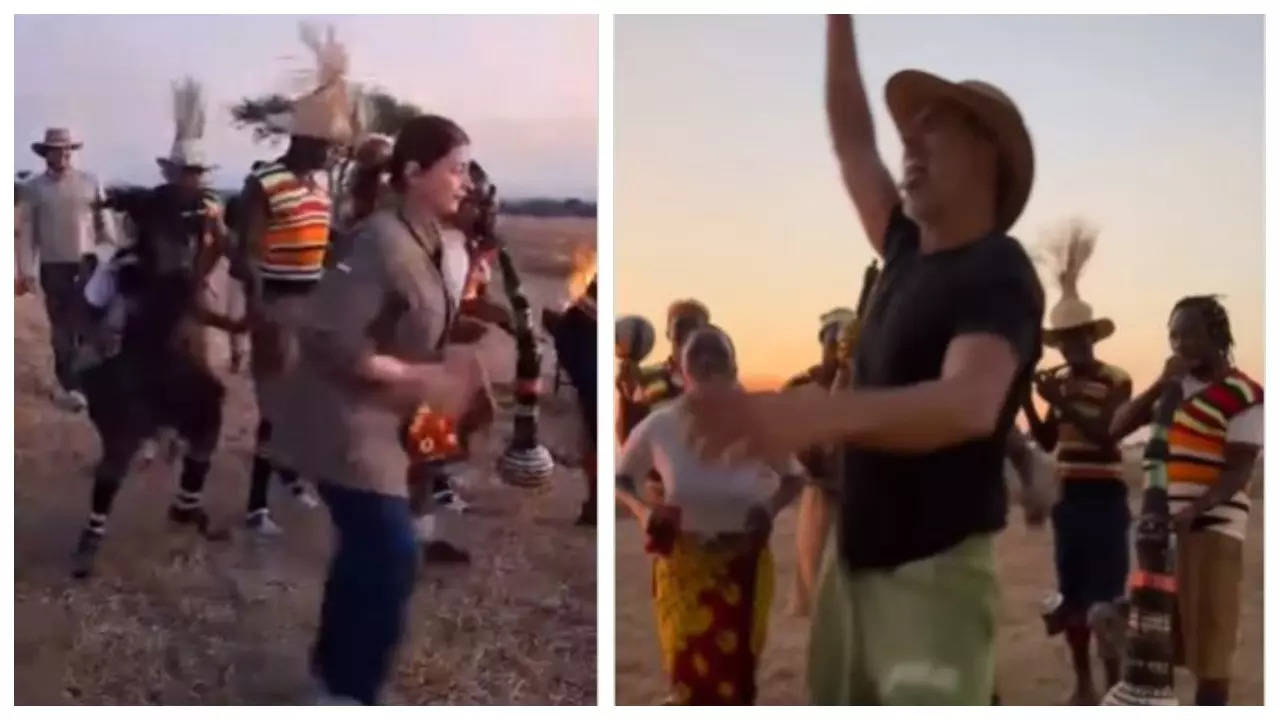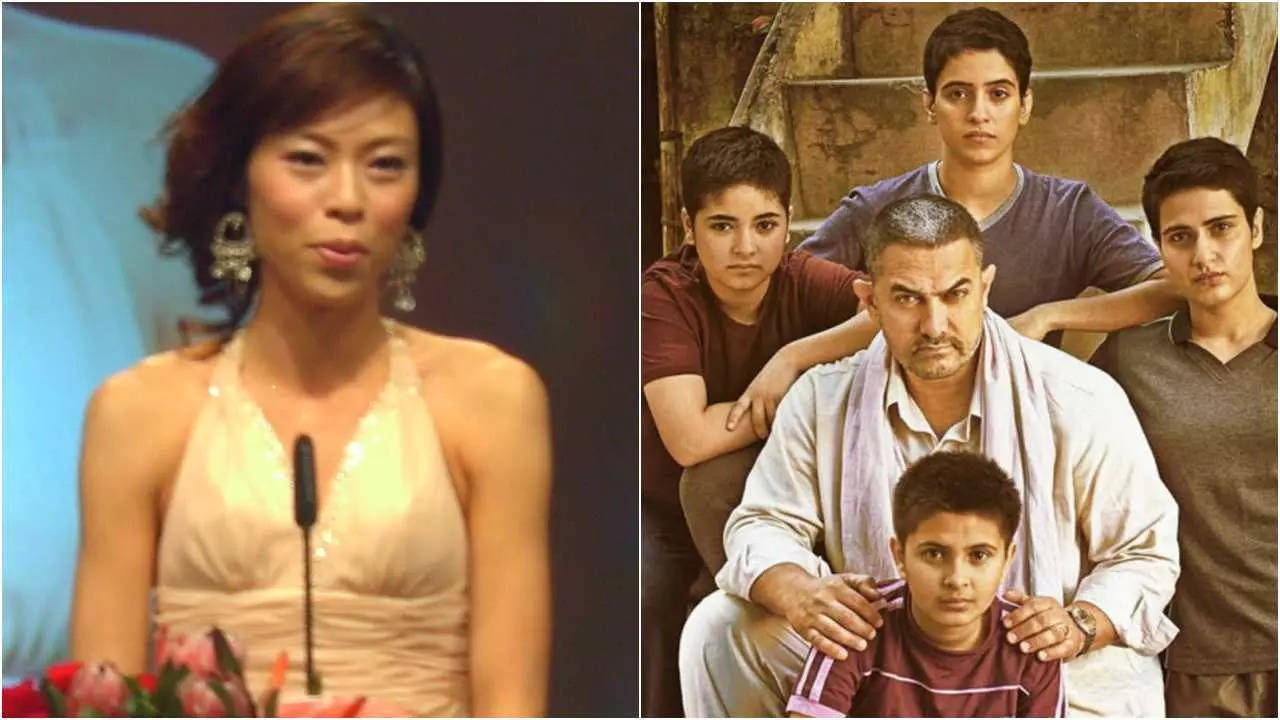Ben Kahn had one big dream as a kid: He wanted to make movies. He remembers making stop-motion movies with his action figures in the sandbox at his Shelburne home.
“I had grown up always knowing that I wanted to work in film since before I really knew what it meant,” he said.
Champlain Valley Union High School didn’t have an audio-visual club when he was a student there, but some teachers let the 1994 graduate submit films rather than written papers for projects. He went once a week to South Burlington High School, where his father, Tim, taught French, to work on films with the school’s award-winning technology and imaging lab.
Move ahead three decades and Kahn’s past life has caught up with him in a big way. He worked as the first assistant director on “Past Lives,” which was nominated Jan. 23 for an Academy Award for Best Picture. The film also earned a nod for Best Original Screenplay by first-time director Celine Song.

Kahn described “Past Lives” as a film with “quiet emotional resonance and a lot of subtext.” The award-season recognition provides a big boost for such a subtle movie, according to Kahn.
“It’s validation that this kind of film can still resonate,” Kahn told the Burlington Free Press in a phone conversation the day before the Oscar nominations came out but after a series of nods from other film awards.
“The tastes of the public naturally change over time and this isn’t necessarily the kind of film that gets made a lot anymore,” Kahn said. “It is proof that when stories connect emotionally with audiences, they can still thrive.”

Work with Willie Nelson, Showtime
After CVU, Kahn studied film and video at Middlebury College. In the early 2000s he collaborated with his father on a documentary, “The Last Link,” that detailed the lives of shepherds in the French Pyrenees and was narrated by Willie Nelson.
Kahn’s path to Hollywood was indirect. “I’ve had one of those long and weird and winding experiences,” he said from his home outside Los Angeles.
He worked for Rutland moviemaker David Giancola of Edgewood Studios and did a film project with Northeast Kingdom filmmaker Jay Craven. Kahn moved to Portland, Maine, where he ran his own production company that made commercials and other video projects. A short film he made for a festival asking directors to create a movie in 48 hours wound up being screened at Cannes.
Kahn helped produce TV shows in Utah and did projects for Showtime in Las Vegas. His friend Nate Meyer, a director in New York City, gave Kahn a job as first assistant director for the 2012 film “See Girl Run” starring Adam Scott and Robin Tunney. As the years went on, Kahn said, his work shifted from direct creative projects to serving as a producer or first assistant director.

He said the task of first assistant director is often called the hardest job on a film set. His duty is to take the creative desires of screenwriters and directors and overlay that with practical realities, from what kind of gear is needed to how many days the crew has to shoot. He compared his job to an orchestra conductor leading a group of artisans working in concert to bring the creation of others to fruition.
“I develop a plan that will help them execute their vision,” Kahn said. “Creating an environment which enables them to do their best work is exhilarating.”
Work with Jason Segel, M. Night Shyamalan
He landed the job with “Past Lives” because a producer had worked with Kahn on a music-video shoot in New York and thought he had the right temperament for the film. “Past Lives” tells the story of a woman, loosely based on Song’s life, who reconnects with a childhood sweetheart in South Korea while maintaining her relationship with her husband in New York.
Kahn has worked on films including “Windfall” with Jason Segel and M. Night Shyamalan’s “Knock at the Cabin.” Because of its multiple award nominations, Kahn said “Past Lives” is his highest-profile film.

Song has given credit to Kahn and others on her crew for helping to teach her how to make a film. “As a first-time director, Celine was open and humble about what she didn’t know,” but decisive about what she did know, Kahn said. “It was a great combination.”
Actors in “Past Lives” have credited Kahn for helping to establish the right tone on the set. Teo Yoo cited Kahn and Shabier Kirchner, director of photography, in a December article in The Hollywood Reporter.
“The trust functioned as a safety net in that environment because it’s a very vulnerable performance for all of us,” Yoo told The Hollywood Reporter. “Not feeling judged was a big thing.”
Kahn said Song – who has already tapped him to work on her next film, “Materialists” − has been too gracious in identifying people such as Kahn for helping her learn how to make a film.
“I think she is a natural director. Her instincts are spot-on and her approach is innate,” Kahn said of Song. “But I appreciate her openness to collaboration.”

The first conversation Kahn had with Song before she hired him as first assistant director involved not technical filmmaking questions but a query about what his love story was. They connected first as people, Kahn said, then as colleagues.
“It was pretty transformative. It’s unusual for a film in my experience to put so much energy into casting its team not just based on their skill set but on a chemistry,” Kahn said. “Chemistry behind the camera unquestionably translates to what the audience sees.”
In the case of “Past Lives,” Kahn said, the story of love and choices made and not made benefited from that behind-the-scenes chemistry.
“I think there was as much love behind the camera as there was in front of it,” he said.
Contact Brent Hallenbeck at bhallenbeck@freepressmedia.com.

















.jpg&c=0&w=700)







































